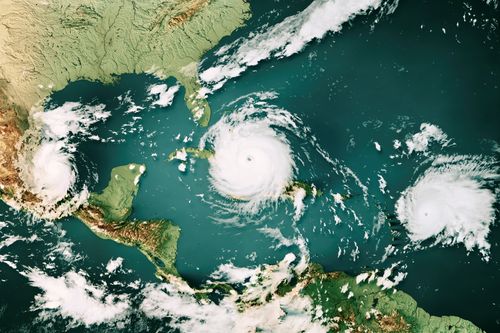solo @ solo @piefed.social Posts 16Comments 7Joined 3 days ago
Το καραβάνι του «Sumud» ξεκίνησε από την Αλγερία για να σπάσει την πολιορκία της Γάζας
Rare earth rush in Myanmar blamed for toxic river spillover into Thailand
UN Ocean Conference Opens With a Call to Defend the Deep Sea - Inside Climate News
Newly-declared conservation area in Peru is home to pink dolphins, giant armadillos and woolly monkeys
Building climate resilience in the island nation of Dominica
‘Ticking timebomb’: sea acidity has reached critical levels, threatening entire ecosystems – study
When will a vital system of currents in the Atlantic Ocean collapse? Depends on whom you ask.
Heat Waves Are Changing Disease Dynamics in Unpredictable Ways, New Research Finds
Carbon capture company emits more than it captures | CCS illusion only delays the elimination of fossil fuels













